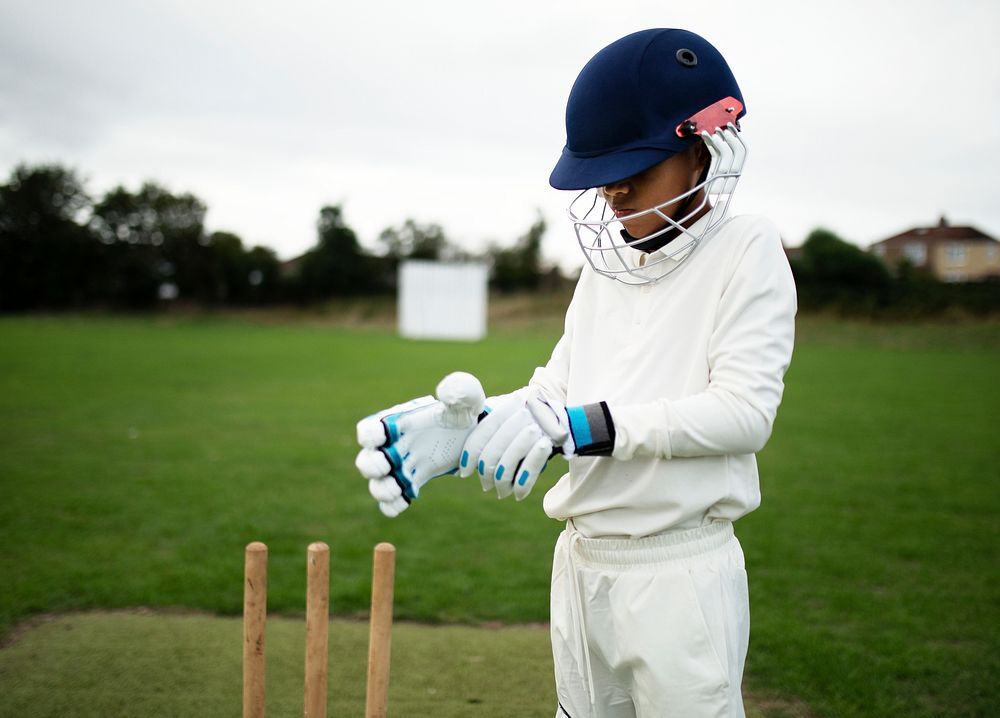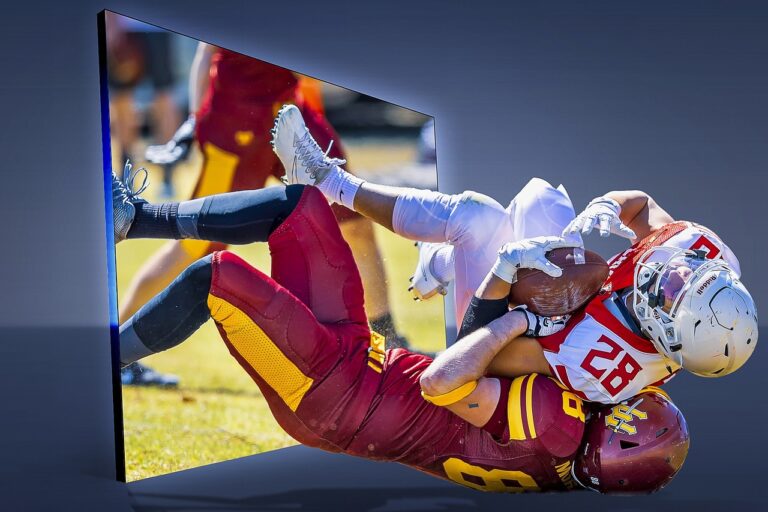Football’s role in promoting social change and unity
1xbet, Llotus365:Football has proven to be an influential platform for social change, with players using their visibility to shed light on important issues. From advocating for racial equality to raising awareness about mental health, footballers around the world have leveraged their fame to make a positive impact. These athletes have often transcended the boundaries of the sports field to become prominent voices for change in society.
Through their actions both on and off the pitch, football players have the ability to reach a wide audience and catalyze meaningful conversations. By speaking out against injustices and lending their support to various causes, these individuals have inspired fans and followers to take action and stand up for what they believe in. The power of football as a platform for social change lies in its ability to unite people from different backgrounds and spark meaningful dialogue on important societal issues.
History of the Intersection of Football and Social Issues
Football has served as a powerful platform for social change throughout history. From the early days of the sport to the present, football players have used their influence to advocate for various social issues. The intersection of football and social issues can be traced back to the 19th century when the sport started gaining popularity around the world. Players began using their platform to raise awareness about important causes and bring about positive change in their communities.
As football evolved into a global phenomenon, the impact of players speaking out on social issues grew stronger. In the mid-20th century, athletes began taking a more active role in advocating for civil rights, equality, and other pressing matters. From Muhammad Ali to Colin Kaepernick, football players have continued to use their platform as a means to amplify their voices and support various social movements. The history of the intersection of football and social issues is a testament to the power of athletes to drive meaningful change and inspire others to take action.
Notable Examples of Football Players Using Their Platform for Advocacy
Colin Kaepernick is widely recognized for his advocacy around racial inequality and police brutality in the United States. His decision to kneel during the national anthem before NFL games sparked a national conversation about social justice issues. Despite facing backlash and being unable to secure another job in the NFL, Kaepernick’s activism continues to inspire others to speak out against discrimination.
Raheem Sterling, an English football player, has also used his platform to address racism both on and off the field. Sterling has been vocal about the need to combat racism in football and society, calling for stronger action from authorities and encouraging unity among players to stand up against discrimination. Through his actions and words, Sterling has become a role model for many, showing that football can be a powerful tool for driving positive change.
How has football been used as a platform for social change?
Football has been a powerful platform for social change due to its massive global reach and influence. Players have used their platform to raise awareness of social issues, advocate for change, and support various causes.
Can you provide examples of football players using their platform for advocacy?
Certainly! Some notable examples include Colin Kaepernick kneeling during the national anthem to protest police brutality, Marcus Rashford advocating for free school meals for children in need, and Megan Rapinoe speaking out for LGBTQ+ rights and gender equality.
What is the history of the intersection of football and social issues?
The intersection of football and social issues dates back to the early days of the sport. From racial equality to gender equality, football players have been using their platform to raise awareness and drive positive change for decades.
How can football fans support players who are advocating for social issues?
Football fans can show their support by listening to players’ messages, engaging in conversations about important social issues, and taking action to support causes that align with their values. Additionally, fans can amplify players’ voices by sharing their messages on social media and attending events or protests related to the issues at hand.







